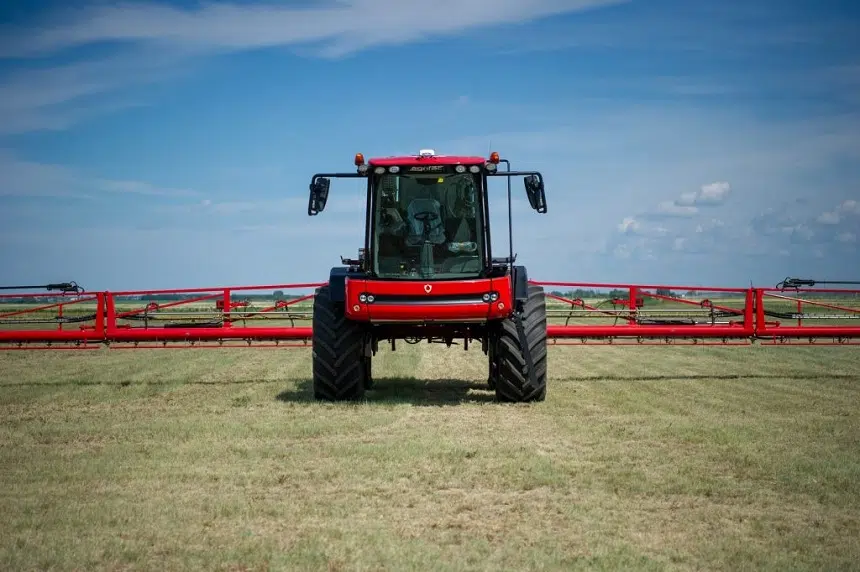The 2023 crop is in the ground.
Seeding is 98 per cent complete across Saskatchewan, according to the latest crop report from the Ministry of Agriculture, and rain showers that moved through the province in the week ending Monday helped give crops in many areas a strong start.
Many crops are already emerging and developing, the ministry said, while producers are busy applying pesticide.
While most crops are at their normal development stages, the ministry noted that fall cereals are slightly ahead of the curve at 31 per cent, while oilseeds are behind at 16 per cent.
Rainfall across Saskatchewan ranged from half a millimetre in Consul to 65 millimetres in the area around Ituna, the ministry said, and both extremes have caused some issues.
“Dry conditions in the west have induced environmental stress in crops and have hastened their development,” the report read. “Alternatively, the east received more moisture during the spring resulting in some localized flooding and has delayed development.”
Topsoil moisture in cropland was rated at four per cent surplus, 69 per cent adequate, 24 per cent short and four per cent very short. For hay and pastureland, topsoil moisture was sitting at three per cent surplus, 57 per cent adequate, 33 per cent short and seven per cent very short.
“Livestock water supplies are top of mind this week, with 52 per cent of producers anticipating water shortages,” the crop report read. “Many are concerned with water quality for their livestock. Producers with these concerns are encouraged to drop off water samples at their local Ministry of Agriculture regional office for water quality testing.”
Grasshoppers and gophers have caused some damage in parts of the province, the ministry said, but producers are busy scouting fields and spraying pesticides and herbicides.
The ministry noted that help is available for farmers who are feeling overwhelmed by stress.
“For many producers, this is still a stressful time of year and producers are encouraged to take all safety precautions in all the work they do,” the report read. “The Farm Stress Line can help by providing support for producers toll free at 1-800-667-4442.”
The full report can be found on the provincial government’s website.







